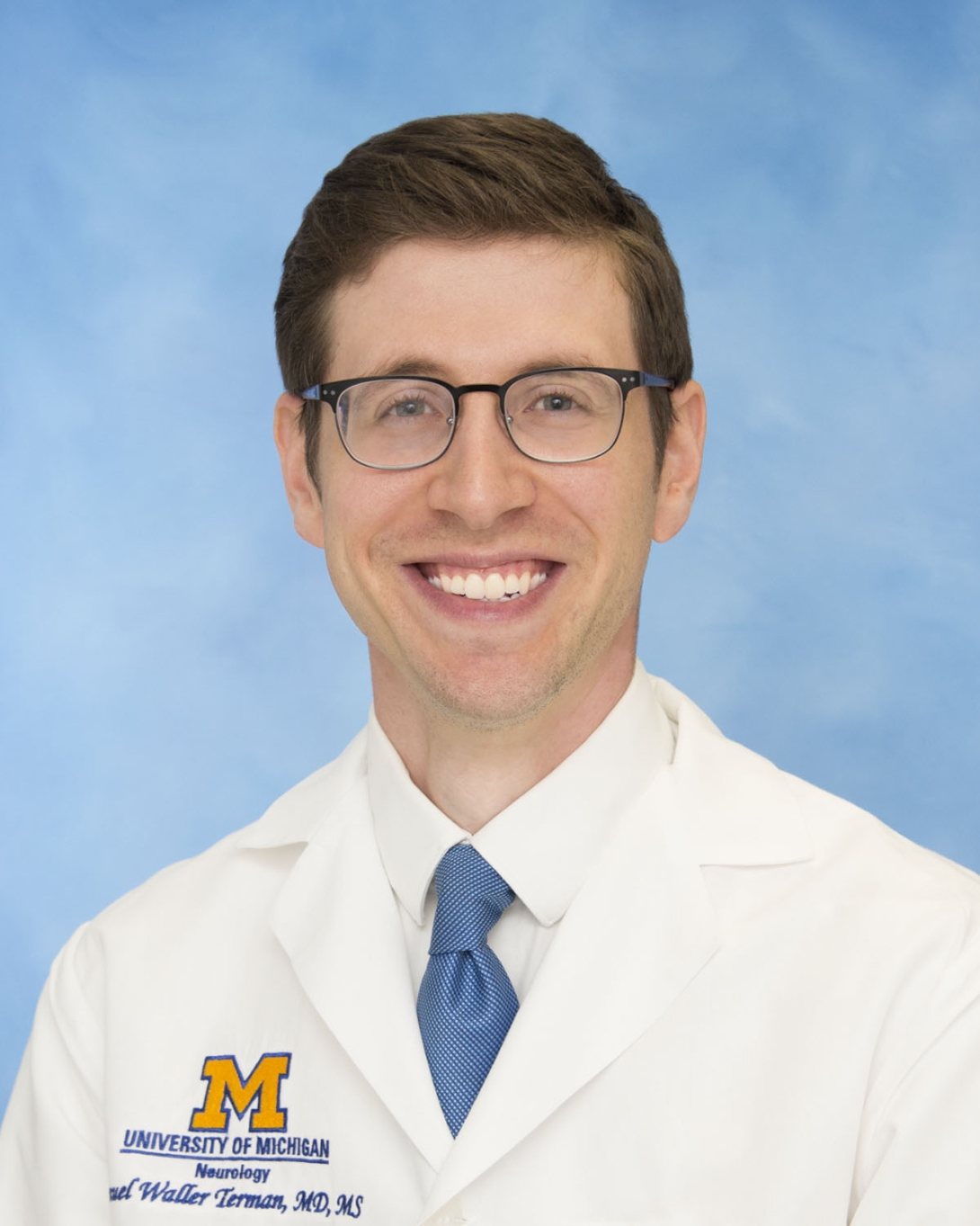-
Ataxia Program -
Cognitive Disorders Program -
Comprehensive Epilepsy Program -
Health Services Research Program -
Movement Disorders Program -
Multiple Sclerosis & Clinical Neuroimmunology Research Program -
NeCTO Program -
Neuromuscular Diseases & ALS Program -
Neuro-Oncology Program -
NeuroSport -
Sleep Medicine Program -
Stroke Program
The U-M Medical School Department of Neurology Health Services Research (HSR) Program is a national leader in neurology-specific HSR.
We have expertise in a variety of research methods including community based participatory research, development and evaluation of decision support tools, large database research to study associations, define priorities and evaluate policies, clinical trials and implementation science. Our funding portfolio consists of federally funded grants and foundation grants.
We hold national leadership roles including participating in NIH study sections, chairing the American Neurological Association’s Health Services Research Special Interest Group, serving as members of the American Academy of Neurology’s Health Services Research Committee, section editors of Neurology’s Innovations in Care Delivery, and active participation in policy relevant committees including the National Quality Forum and several policy-focused committees of the AAN. We are deeply committed to mentoring, particularly ensuring a vibrant research career aligned with our mentees goals. Our mentees are funded via K23, K08, T32, K01, NIH diversity supplement and foundation awards.
If you are interested in learning more about the HSR program please contact the program’s administrative assistant, Luke Brown, at [email protected] or 734-936-9075.
Improve the healthcare system for patients with neurologic disease. We strive to perform high quality research that informs healthcare policies and interventions to increase high value care, reduce unnecessary care and promote health equity.
Our collaborations include the American Academy of Neurology and the American Neurological Association. These are the two largest neurology societies. For the AAN, we have participated in the Health Services Research Subcommittee and curated the Innovations in Care Delivery website, which focuses on the latest HSR research. For the ANA, we have led the HSR Scientific Interest Group for multiple years, women in neurology section and serve on the Board of Directors.
We also chair the American Heart Association’s Minority Affairs Committee, serve on the Stroke Council and lead the inaugural Stroke Council High School program. In addition to collaborations with societies, we have active collaborations with multiple Universities, community organizations, and patient advocacy organizations.
This American Academy of Neurology website provides blogs on the latest health services research related articles from Neurology. We also curate relevant articles and interview leaders in the field.
This subcommittee works with the AAN including other committees to answer questions related to neurologists and their patients. Our group has received several contracts to answer questions pertaining to the effects of geographic variation in the density of neurologists, the effect of out-of-pocket costs, and the value of neurologists in the care of patients with headache and epilepsy.
Members of our program have chaired this portion of the ANA’s annual meeting, which selects speakers from both leaders in the field as well as based on abstracts submitted to the ANA.
Michigan's Institute for Healthcare Policy & Innovation is bringing together health services research and health policy-focused groups across the University of Michigan with its Collaborating Centers & Programs.
The Neurology HSR group is frequently interviewed about topics involving healthcare policy, drug costs, healthcare efficiencies, and other important health services research related topics. CNN and the LA times are just 2 examples of high profile media outlets that have highlighted our work. We are frequently interviewed by the American Academy of Neurology, the largest organization of neurologists in the United States.

Ph.D.
Professor
Professor of Neurology
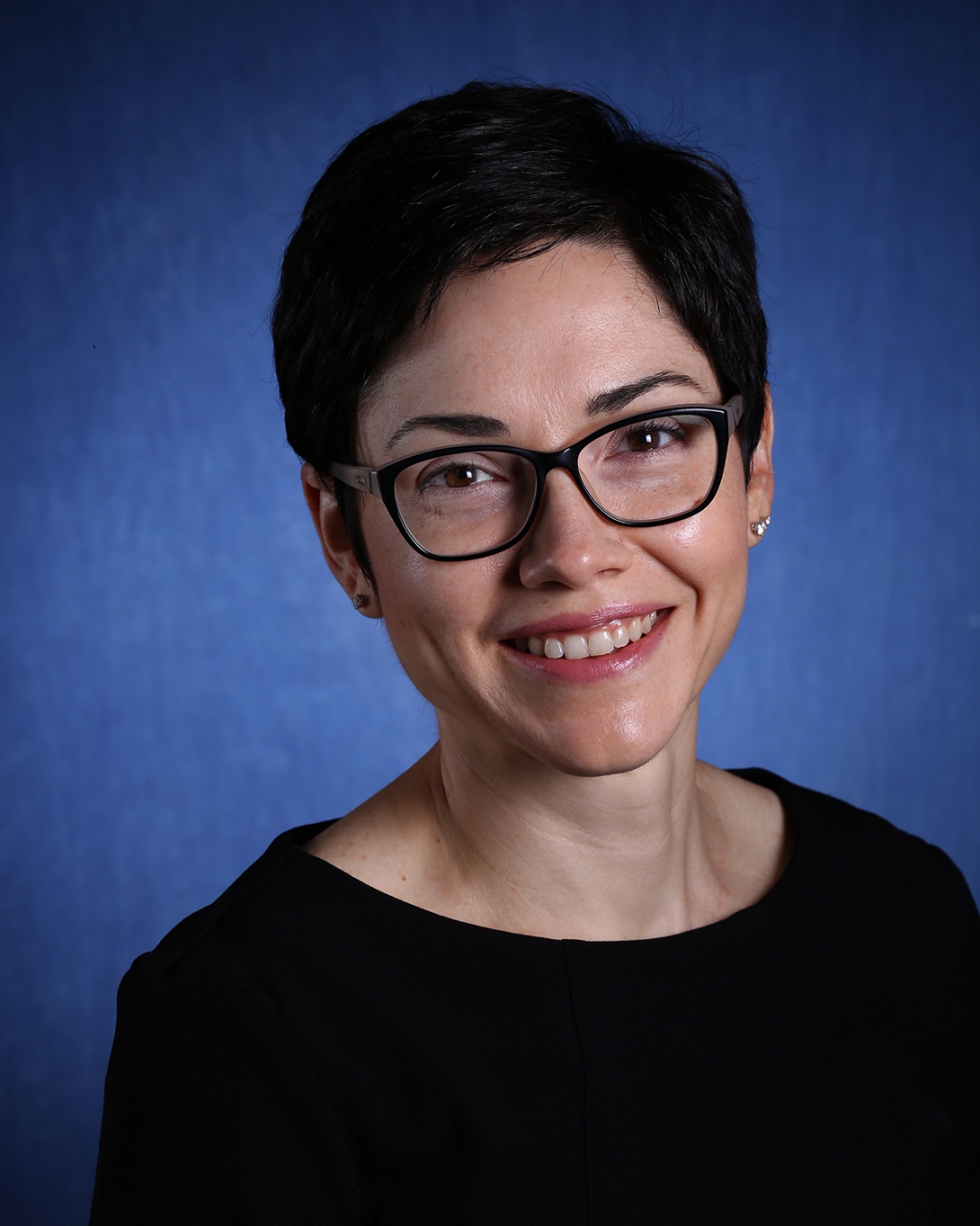
Assistant Professor of Neurology

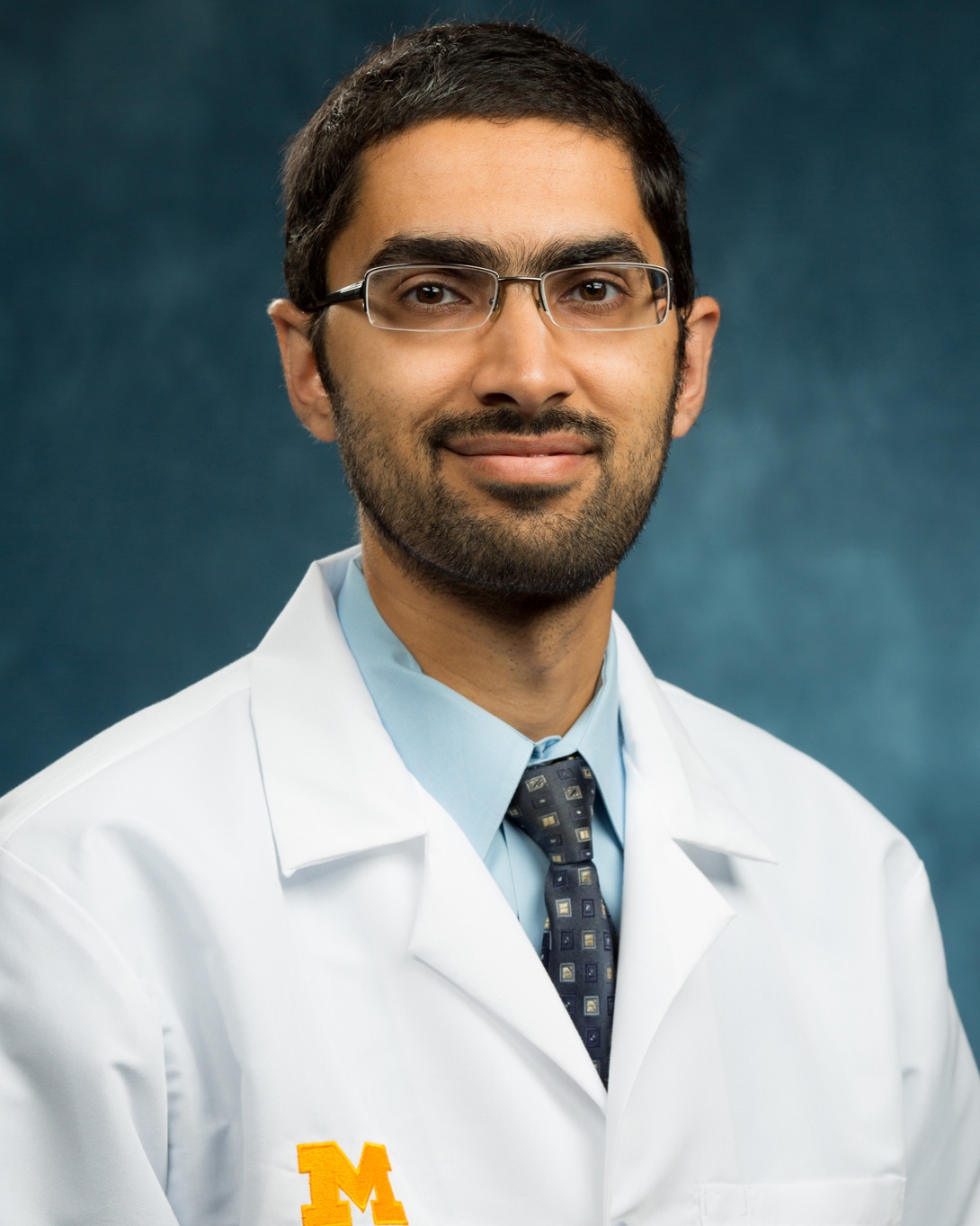
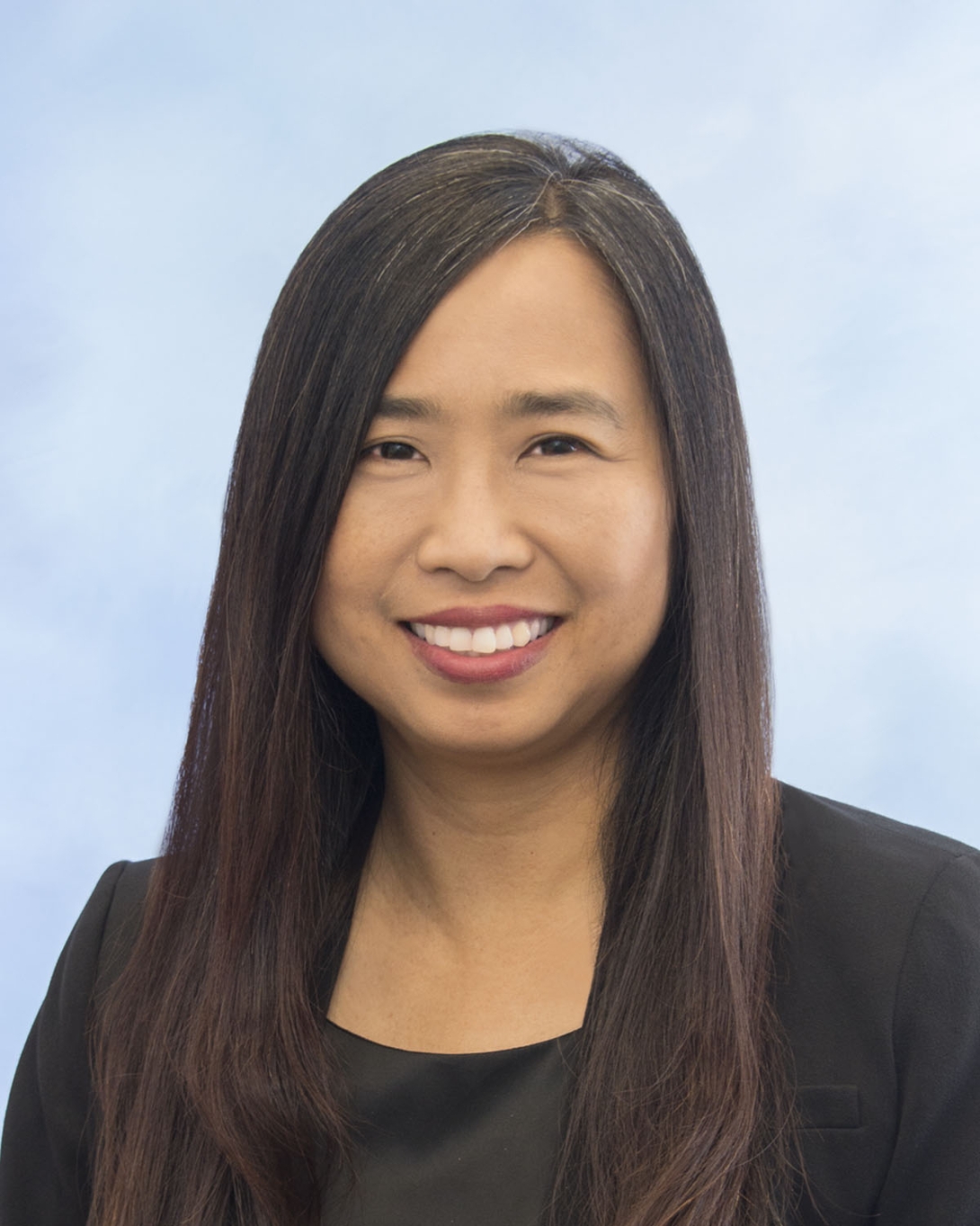
Neurology
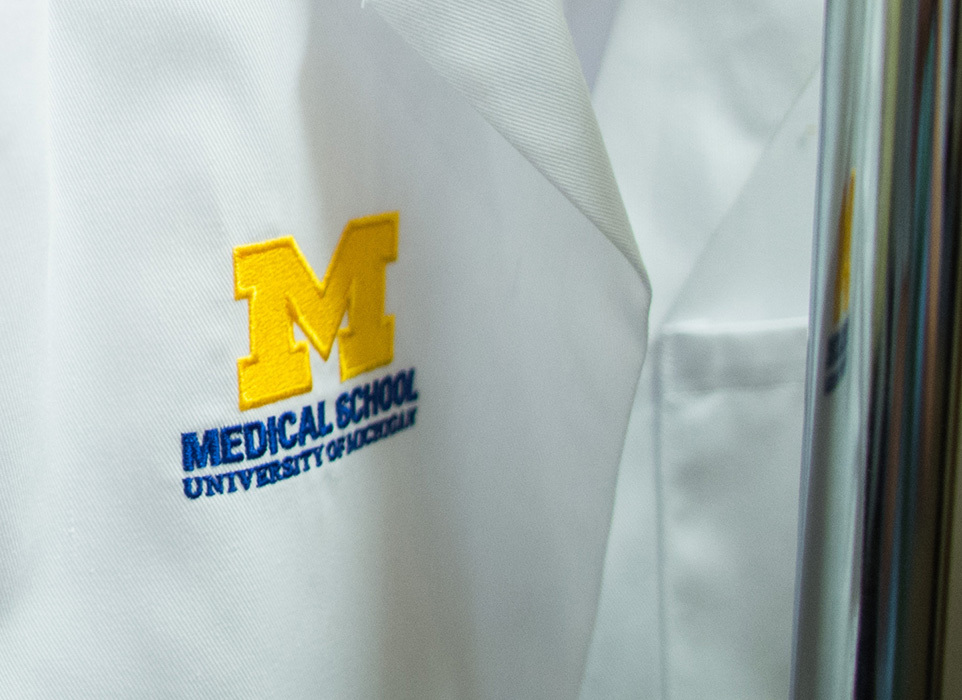
Assistant Professor of Neurology
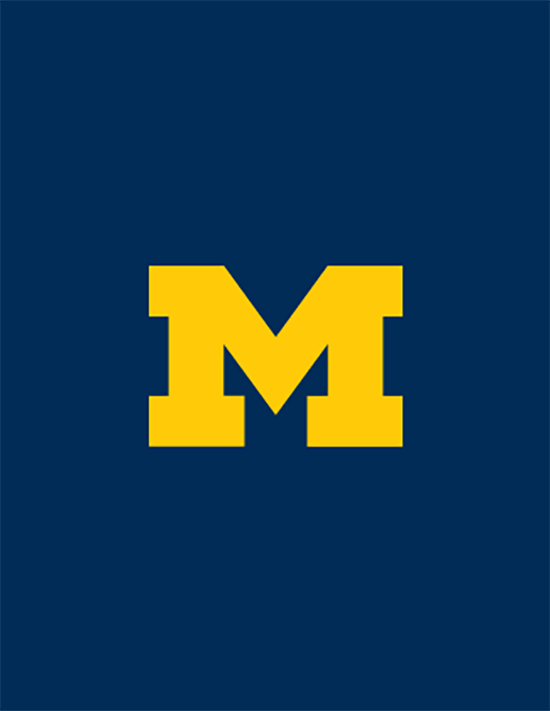
Lead Statistician
